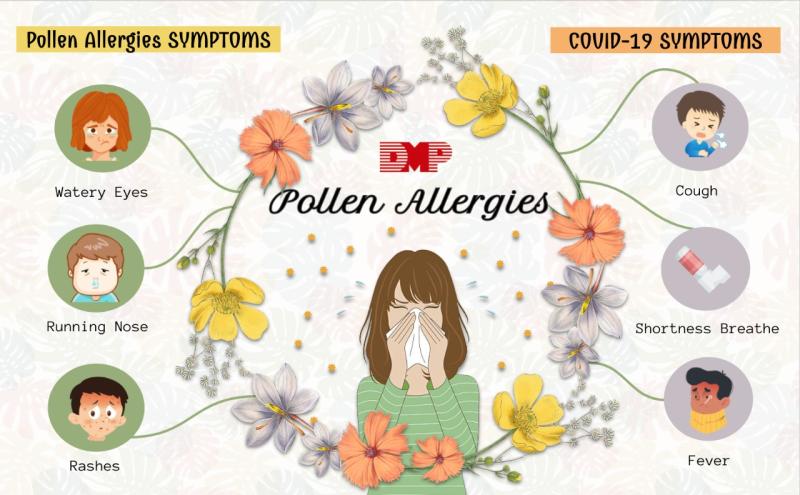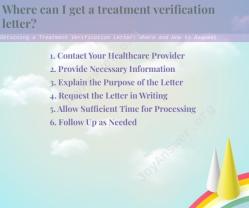How do I know if I am allergic to pollen?
While a self-assessment can provide some insights into whether you might have a pollen allergy, it's essential to note that only a healthcare professional can provide a definitive diagnosis. If you suspect you have a pollen allergy, consider the following steps:
Examine Symptoms:
- Pollen allergies commonly cause symptoms such as sneezing, runny or stuffy nose, itchy or watery eyes, and throat irritation. If you consistently experience these symptoms during specific seasons, it could be indicative of a pollen allergy.
Observe Seasonal Patterns:
- Pollen allergies are often seasonal, with symptoms peaking during the times when specific plants release pollen. Common triggers include tree pollen in spring, grass pollen in late spring and early summer, and weed pollen in late summer and fall.
Keep a Symptom Diary:
- Record your symptoms in a diary, noting when they occur, their duration, and any patterns you observe. This information can be helpful when discussing your symptoms with a healthcare professional.
Check Pollen Counts:
- Monitor local pollen counts, which are often available through weather websites, apps, or allergy websites. If your symptoms correlate with high pollen counts, it may suggest a pollen allergy.
Consider Family History:
- Allergies, including pollen allergies, can have a genetic component. If other family members have pollen allergies or allergic conditions, you may be at a higher risk.
Rule Out Other Causes:
- While pollen allergies are common, other conditions can cause similar symptoms. It's important to rule out other potential causes, such as viral infections or indoor allergens.
Consult with a Healthcare Professional:
- If you suspect a pollen allergy, consult with a healthcare professional, such as an allergist or immunologist. They can conduct allergy testing to identify specific allergens triggering your symptoms.
Undergo Allergy Testing:
- Allergy testing may include skin prick tests or blood tests (specifically IgE antibody tests) to determine your sensitivity to various allergens, including pollen. These tests can help identify the specific types of pollen to which you may be allergic.
Discuss Your Medical History:
- Provide your healthcare professional with a comprehensive medical history, including details about your symptoms, their frequency, and any factors that seem to exacerbate or alleviate them.
Follow Professional Advice:
- If diagnosed with a pollen allergy, your healthcare professional may recommend specific treatments, including antihistamines, nasal corticosteroids, or allergen immunotherapy (allergy shots).
Self-assessment and monitoring are useful for understanding your symptoms, but for a thorough and accurate diagnosis, consultation with a healthcare professional is crucial. They can provide personalized advice, conduct appropriate tests, and guide you toward effective management strategies for pollen allergies.
Pollen allergies, also known as hay fever or seasonal allergies, are triggered by an overreaction of the immune system to pollen, a fine powder-like substance released by plants. The symptoms of pollen allergies can vary from person to person, but some common indicators include:
Respiratory symptoms:
- Runny or stuffy nose
- Sneezing
- Itchy nose, eyes, and throat
- Watery, red eyes
- Postnasal drip, which is the sensation of mucus dripping down the back of the throat
- Coughing
General symptoms:
- Fatigue
- Headaches
Additional signs that may indicate a pollen allergy:
- Symptoms worsen when you are outdoors, especially near plants or flowers.
- Symptoms tend to be seasonal, worsening during certain times of the year when specific plants are pollinating.
- You have a family history of allergies.
If you are experiencing any of these symptoms, especially if they are seasonal and worsen when you are outdoors, it is important to see a doctor to get a diagnosis and discuss treatment options. Early diagnosis and treatment can help you manage your symptoms and live a comfortable life.
Here are some additional tips for identifying if you are allergic to pollen:
- Keep a symptom diary: Track your symptoms and see if they correlate with pollen counts in your area.
- Pay attention to triggers: Notice if your symptoms worsen when you are outdoors, especially near plants or flowers.
- Consider family history: If you have a family history of allergies, you are more likely to develop a pollen allergy.
Remember, pollen allergies can affect people of all ages, and symptoms can range from mild to severe. If you suspect you have a pollen allergy, don't hesitate to see a doctor. They can help you determine the specific pollen you are allergic to and develop a personalized treatment plan to manage your symptoms and improve your overall well-being.













